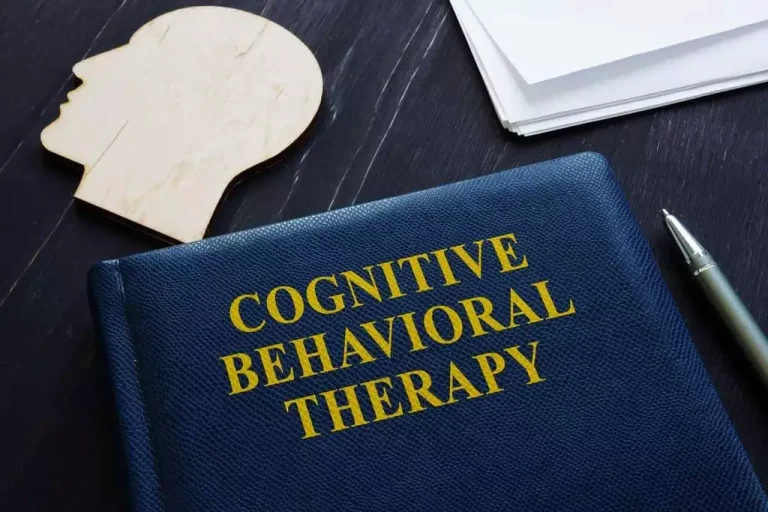Narcissism and Alcoholism: Understanding the Complex Interplay
Publicado por soni@xenelsoft.co.in en Jul 21, 2023 en Sober living | Comments Off on Narcissism and Alcoholism: Understanding the Complex Interplay
If you are an enabler in a narcissist’s life, it is important to recognize your role in the dynamic and take steps to change it. This may involve setting boundaries with the narcissist, seeking support from a therapist or support group, and learning to prioritize your own needs and well-being. They may also defend the narcissist’s actions and make excuses for them, even if they are hurtful or abusive.
Signs of an Alcoholic Narcissist
It affects millions of people worldwide and can have severe consequences on health, relationships, and overall quality of life. Narcissism is a complex personality trait characterized by an inflated sense of self-importance and a deep need for attention and admiration. It exists on a spectrum, ranging from healthy self-esteem to pathological narcissistic personality disorder. When dealing with the complex and challenging combination of alcoholism and narcissism, seeking help and recovery is crucial for both the individual and their loved ones. Recognizing the need for intervention and understanding the available treatment options are important steps towards reclaiming a healthier and more fulfilling life.
The Link Between Narcissistic Personality Disorder and Alcoholism
This comorbidity can manifest as narcissistic personality disorder (NPD) and alcohol use disorder (AUD). NPD is characterized by an inflated sense of self-importance, a constant need for admiration, and a lack of empathy for others. AUD, on the other hand, is a chronic disorder characterized by the compulsive and harmful consumption of alcohol. To comprehend the relationship between narcissism and alcoholism, it is crucial to have a comprehensive understanding of narcissism itself. Narcissism is not a binary characteristic but rather a spectrum, with varying degrees of narcissistic traits observed in individuals. Some individuals may exhibit mild narcissistic traits without meeting the criteria for NPD, while others may have more severe narcissistic tendencies.
- Narcissism is a complex personality trait characterized by an inflated sense of self-importance and a deep need for attention and admiration.
- People with AUD may be unable to reduce or stop drinking despite experiencing the negative effects of alcohol or a desire to quit.
- In this section, we will explore the connection between narcissism and alcoholism, focusing on co-occurring disorders and shared risk factors.
- The occurrence of two such conditions is called a dual diagnosis or co-occurring disorders.
Join a Support Group

Recognizing that there is a problem is often the first step towards seeking help for an alcoholic narcissist. It may be challenging for individuals with narcissistic traits to acknowledge the impact of their behavior on themselves and those around them. However, the negative consequences of alcoholism and narcissism can be far-reaching, affecting relationships, work, and overall well-being. Prevalences of mood, anxiety, substance use, and other PDs among respondents with NPD were 49.5%, 54.7%, 64.2%, and 62.9%, respectively. Within these diagnostic classes, MDD (20.6%) and bipolar I disorder (20.1%), specific phobia (27.4%) and PTSD (25.7%), alcohol dependence (30.6%), and borderline PD (37.0%) were the most prevalent among respondents with NPD. With regard to other PDs, men with NPD were significantly more likely than women https://ecosoberhouse.com/article/alcohol-intervention-how-to-do-an-intervention-for-an-alcoholic/ with NPD to have antisocial PD, whereas women with NPD were significantly more likely than men with NPD to have borderline PD.

Ways Narcissists and Alcoholics Are Similar
- In such cases, a person might start to question the diagnosis and abandon treatment altogether even if another condition, such as NPD, actually exists.
- Similarly, many people who misuse alcohol might display very few signs of narcissism.
- Individuals with co-occurring personality disorders have a higher risk of experiencing a relapse during treatment and early recovery.
- Spring Hill focuses on treating substance use and co-occurring disorders, emphasizing a comprehensive approach to recovery that includes both evidence-based and holistic therapies.
- Although experts believe that genetic factors can make people up to 50% more inclined toward alcohol use disorder, addiction has many possible causes.
Remember that setting boundaries is not selfish but necessary for mental health and well-being. For NPD, mood changes often relate to perceived slights or lack of narcissism and alcoholism admiration. NPD is characterized by a persistent pattern of grandiosity and need for admiration, while AUD involves a problematic pattern of alcohol use leading to significant impairment. The combination of NPD and AUD often results in more severe relationship problems and social dysfunction than either disorder alone. Individuals may struggle with maintaining employment, friendships, and romantic partnerships.

Social Media’s Power Over Self-Esteem and Mental Health

Treatment centers can also ensure that you can access the right support systems at the right time in your treatment. By doing so, a person is less likely to be “over-treated” for a condition they may not actually have. Prevalence of NPD among respondents with any other PD was 20.2%, with rates significantly greater for men (23.0%) than for women (17.4%). By far, the prevalence of NPD in the total sample was greatest among respondents with antisocial and histrionic PDs.
Alcohol use disorder
Narcissistic alcoholics frequently prioritize their own needs and desires above others. This self-focus can result in neglecting partners, family members, and friends. Their inflated sense of self-importance may lead them to expect constant admiration and special treatment. Both NPD and AUD can lead to manipulative behaviors, denial of problems, and difficulty maintaining healthy relationships.
- This may include practicing mindfulness, engaging in physical activity, or finding creative outlets for stress relief.
- Thus, by not learning from negative experiences, they might continue to see alcohol consequences as positive.
- Healthcare professionals may ask people about their drinking habits to assess AUD.
Dual diagnosis
Meanwhile, alcoholism is an addiction to alcohol that adversely affects a person’s physical and mental health. Some mental health conditions are likely to occur together, and when they do, they’re called co-occurring disorders. Alcohol use disorder and narcissism are common co-occurring disorders, and in some cases, the symptoms of the two conditions may present similarly 1. Individuals and families affected by NPD and AUD benefit from attending family therapy and support groups. Some studies have shown people diagnosed with NPD respond more positively to therapeutic and social interventions.









